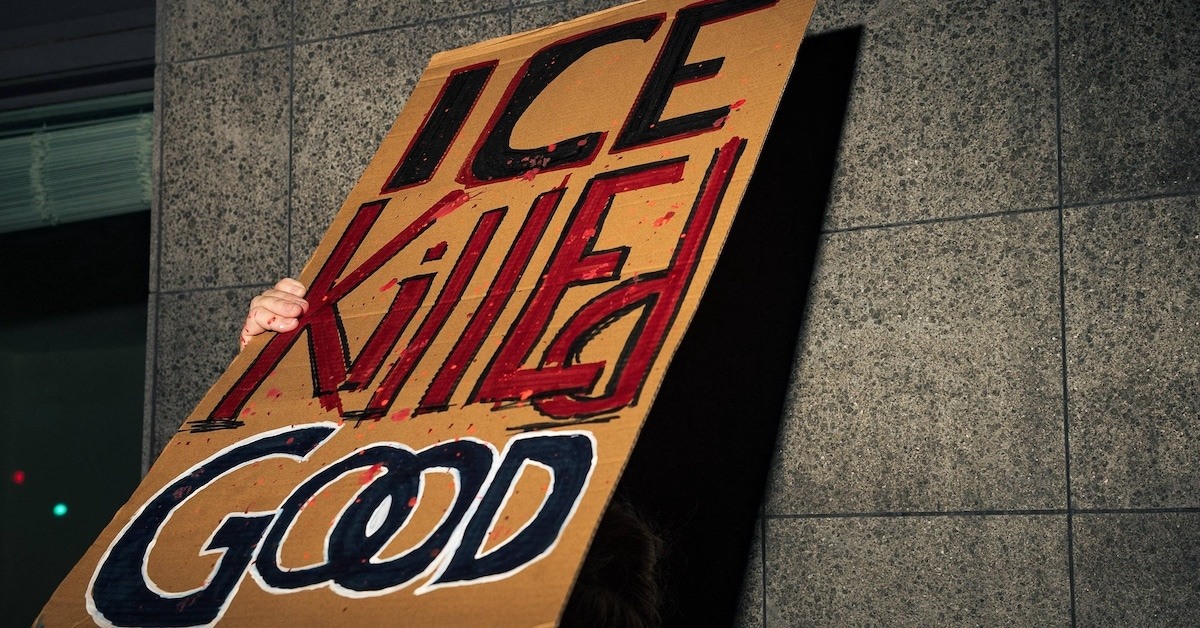BY: Denver Sean
Published 2 years ago

According to a new study funded by the National Institute of Health, heat-related deaths due to extreme heat are expected to significantly increase in the United States — with Black adults and seniors facing the highest risk.
via People:
The study, published Monday in the journal Circulation, analyzed the heat index between May and September of 2008–2019 and found that it rose to at least 90 degrees on about 54 days each summer. Those days of extreme temperatures were linked to a national average of 1,651 cardiovascular deaths each year.
Based on environmental and population changes, researchers expect that if greenhouse gas emissions continue to rise, there will be up to 80 days with those extreme temperatures between 2036 and 2065 in the United States. This could result in cardiovascular deaths tripling to 5,491 per year.
“When the body senses that its temperature is going up, various things start kicking into gear. A key component of that is that the heart beats faster and harder to get blood away from the core of the body, to transport heat away from the vital organs,” Dr. Sameed A. Khatana — study author, cardiologist and assistant professor of medicine at the University of Pennsylvania — told CNN. “For people with pre-existing cardiovascular diseases, their heart might not be able to keep up with the increased demands on the cardiovascular system that temperature is causing.”
Additionally, Black adults and seniors age 65 and older are reportedly at greater risk due to underlying health conditions or socioeconomic barriers that can influence health — not having air conditioning or living in “heat islands,” which are locations that can absorb and trap heat.
Among Black adults, researchers found that heart-related deaths could more than triple, rising from 325 to 1,512 if greenhouse gas emissions remain steady or 2,063 if they continue to rise. For seniors, heart-related deaths could almost triple, increasing from 1,340 to 3,842 if greenhouse gas emissions remain steady or to 4,894 if they continue to rise.
“The health burdens from extreme heat will continue to grow within the next several decades,” Khatana said in a press release. “Due to the unequal impact of extreme heat on different populations, this is also a matter of health equity and could exacerbate health disparities that already exist.”
Researchers also explained that some cities have started to adopt cooling approaches like planting trees for shade, adding cooling centers with air conditioning, and using heat-reflective materials to pave streets or paint roofs. However, study authors note that more research is needed in order to understand how those approaches can impact the health of the population.
“Solutions need to be targeted at people who are the most vulnerable,” Khatana added. “If mitigation efforts are not taken, if efforts to reduce emissions aren’t made, then these inequities that we’ve already seen might continue to widen.”
When you hear people say “everything is racist” — that includes climate change.










